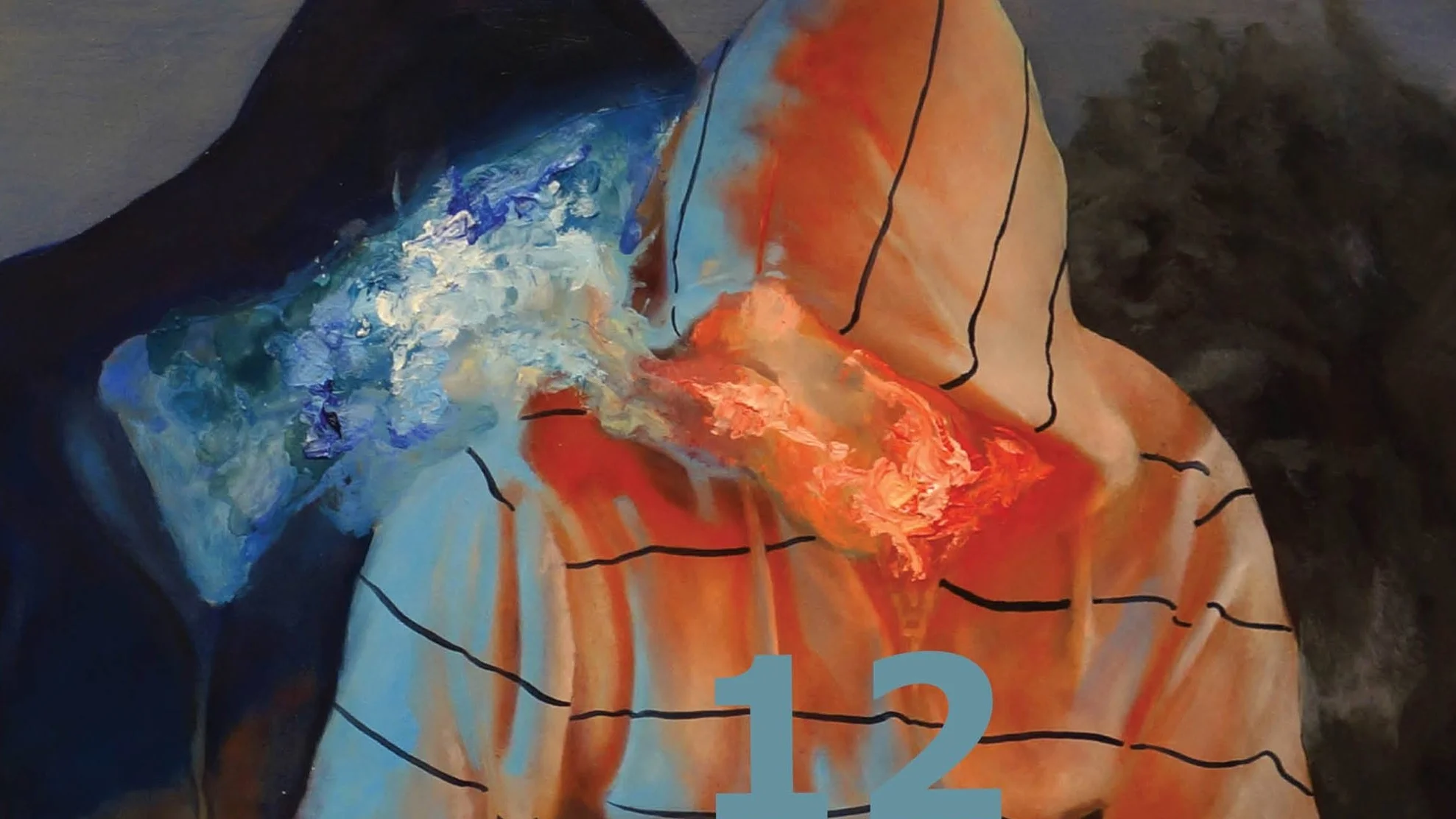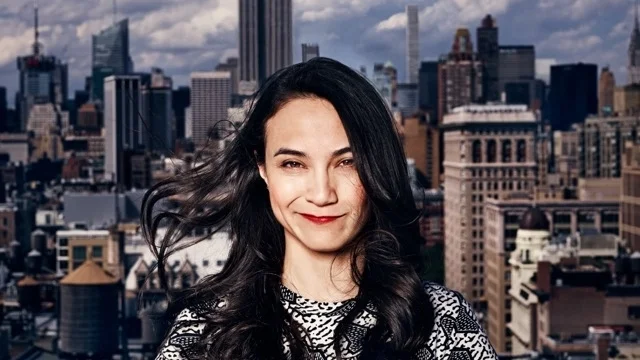More Than Just an Object
I had a conversation with David Vann last month. There had just been another mass shooting in Orlando, my hometown. I emailed him that day, and he agreed to speak with me. We played email tag for the next week or so, trying to find the right window to Skype. I worried that the hook for my interview, the shooting, would go stale. Then a man shot up a baseball practice and gravely wounded a member of Congress. It turns out, conversations about gun violence in America will always be timely.
In that week of tag, discouraged, I preemptively sent David my first question. I figured he might at least be able to squeak out a written response to that one, we could go a few rounds back and forth, and end up with something worth sharing. He liked the question, but insisted that we persevere with a live interview instead of a written back-and-forth.
When we did speak, David addressed the importance of guns in his family, their centrality to ideas of Americanness, and his writing process. We also discussed his 2011 book Last Day on Earth: A Portrait of the NIU School Shooter, which won the Creative Nonfiction Award from the Association of Writers and Writing Programs. His semi-autobiographical story collection Legend of a Suicide and Last Day on Earth are books that I re-read and think about regularly. His writing is accessible and sharp, and he continues to find new and beautiful ways to paint the violence and intensity of American family life. His most recent book, Bright Air Black, a retelling of the Greek myth of Medea, was published in March.
Our conversation has been edited and condensed for the sake of clarity.
Does anything outpace the gun as the symbol of what one generation passes down to the next, and how do you currently see their place in your own family history?
In what my father gave me, when my father gave me my first pellet gun when I was seven, and a shotgun when I was eight, and then a .30-.30 rifle when I was nine—like in the westerns—each of those was more than just an object. Each of them was a rite of passage, and the rifle was supposed to be a transition into manhood. And I did. I killed two deer when I was 11. The guns were the primary symbol in my family, at least of what the men passed down. He killed his first buck with it and I was supposed to kill mine.
So, nothing came close to the gun as that symbol of parental legacy?
The closest symbol was a knife. [Guns] are so central. The knife was accompanied by the same solemn ritual. He gave me a whole lecture. Am I gonna take care of it? Am I gonna take care of things generally in my life? The knife came close in importance. And I wanted them. It was the last piece of my father. His guns were him.
What about after his death—his suicide. I know that informs a lot of your work.
That .30-.30, my uncle ended up wanting that. And we had a bit of a fight. But I finally did sell it to him. And I haven’t hunted since I was 13, and haven’t killed anything since I was 11. It’s amazing the power [the guns] had. When I think of missing him, I think if I could hold that .300 magnum again, I would feel closer to him. I think the gun is still, for so many rural Americans, a potent symbol of coming of age.
So where does that symbol—where do you think that link originates?
It has to come back to our frontier past, manifest destiny, defending yourself and your property—wilderness as a bank of our goodness. If a man goes out in the wilderness and is tested, he’s proven strong. Your first question is great, because it’s bigger, it goes to the mystery. It’s impossible to know the real source of how guns became so important, because it’s birthright. Something unreasonable, something unconscious.
Do you reckon we’ll ever slow down the pace of these kinds of shootings, the ones in Orlando, the NIU shooting you wrote about, things like that?
courtesy david vann
It’s an untenable situation. I believe America needs to believe in its own goodness. It’s a uniquely American phenomenon. My best guess is it comes from World War II. And not being able to let go of that. And who we became in the Vietnam War. And we’ve been in denial ever since. I’ve been told when you become an alcoholic that you stay that emotional age. And I think our inciting event was Vietnam. We’re stuck in this static kind of pose because our military is very important to who we are. And as long as we’re in denial about our military, we’re in denial about America. I experienced it firsthand when I had the book about the school shooting. The number one warning sign is being a veteran. You wouldn’t believe how unwelcome that point of view was. [The shooter] told his best friend that the military is what taught him how to kill without feeling anything. So the idea that the boy is born that way is not true. He was made by America, by our military, by his family, gun culture, and drug culture. He’s not an outsider. He’s an indicator of problems in our society. We’re a domestic war zone every year. What I really want for America is the ability to have a self-critical debate. To admit that we’re not good. That reparations are due on multiple fronts.
I can’t really disagree with you there. We could go all day on that. But I do – I think we should talk a little about your work. What were you fixated on early in your writing life? What was that early process?
I was telling stories about squirrels that my mother would write down when I was a kid. I wrote stories about hunting and fishing and gave them out as Christmas presents. Bad short stories about unrequited love. Bad new age poetry about unrequited love. But I had fantastic creative writing teachers.
And now?
My process was an extension of Buddhist meditation. I write early in the day. My first hour, I read through the final 20 pages [of earlier work], and I’m thinking about lunch, someone I’m dating, something in the news, something else. But after an hour, I’m pretty focused. Then I read the last paragraph, the last couple pages, and I keep firing off these paragraphs, and I get my next page or two. And I re-read the whole thing every two weeks. It’s an unconscious thing. All I need is a character with a problem and a place. I use charged places. So when put under pressure, they’re gonna shift and transform and change shape and start to reflect the inside life of the characters. And though the characters are fiction, they’ll start to reflect my life. Goat Mountain has almost nothing changed at a sentence or paragraph level. Only line edits. And the other books are pretty close to that. But I encourage people to find their own way.
A good chunk of the people who read sinkhole are writers or they aspire to write more, write better, all that. Do you want to share some advice with them before we wrap up?
Sure. Yeah. Ideas are really dangerous and suck. [laughs] An idea is the worst thing that can happen to a writer. Instead, trust that whatever happens on the page is gonna take over and surprise you. It’s hard to fake out your audience. If it didn’t come alive for you, it’s not gonna come alive for a reader. If in doubt, I just describe the place. It’s impossible to describe a place in a neutral way. That description is gonna do something.
David Vann’s internationally-bestselling books have won 15 prizes, including best foreign novel in France and Spain, and appeared on 80 Best Books of the Year lists in a dozen countries. He has written for the Atlantic, Esquire, Outside, Men’s Health, The Guardian, and many other magazines and newspapers. A former Guggenheim fellow, National Endowment for the Arts fellow, Wallace Stegner fellow, and John L’Heureux fellow, he holds degrees from Stanford and Cornell and is currently a Professor at the University of Warwick in England and Honorary Professor at the University of Franche-Comté in France. His most recent book is Bright Air Black.




